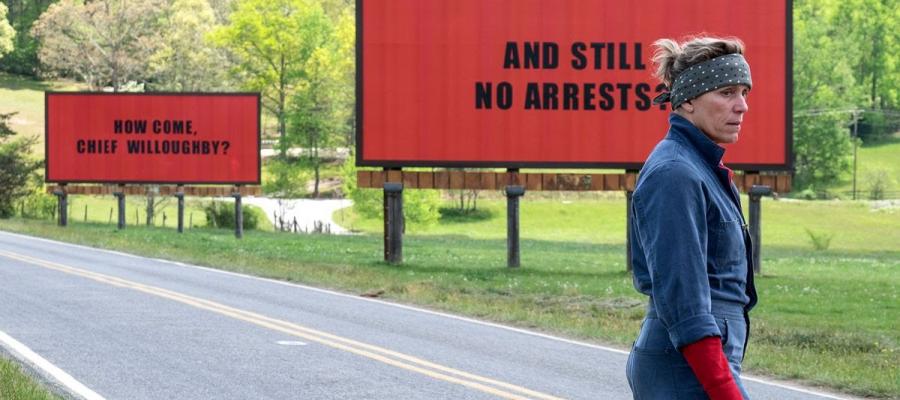An Eye for an Eye: The Morality of Revenge
Oct 13, 2013We are often taught that vengeance is a reprehensible or unworthy motivation and that, as a result, pursuing revenge should not be the method of choice when meting out punishment for crimes.

People who have been grievously harmed may be angry. They may believe that such anger is morally justified. Under what circumstances is such righteous anger justified? In what forms may such anger be permissibly expressed—resentment against a source or sources of the harm that gave rise to the anger? Revenge? Does it matter whether the objects of righteous anger were themselves responsible for the harm that gave rise to the anger? Does it matter whether they are themselves suffering from unrelated misfortunes? Is it sufficient that the object of righteous anger has failed to remedy the harm that gave rise to the anger? Does it matter whether the failure is beyond the control of the object of the anger? Does it matter whether the expression of righteous anger harms others unrelated to the harm? These and similar ethical questions are raised by the film Three Billboards Outside of Ebbing, Missouri.
Mildred Hayes is the mother of a daughter who was murdered, and raped while she was dying. When the local police have failed to identify the culprit after seven months, she buys three billboards: “Raped While Dying,” “And Still No Arrests?” and “How Come, Chief Willoughby?” The billboards are aimed to shame local police into action, but they are also expressions of her anger—anger at herself for failing to protect her daughter, anger at her ex-husband for leaving her, anger at the local police for failing to bring the offender to justice, anger at the local police for discriminating against African Americans, and anger at a world in which women are raped. Mildred sternly believes that she is justified in her anger and she resents those who do not take in her judgment sufficient action against the harm she has suffered.
As I reflected on the film, two philosophical themes came most to mind. The first is the role of private versus official justice. John Locke's argument in the Second Treatise of Government for the social contract is the danger of private exercise of the right to punish. On Locke's view, people have natural rights in the state of nature such as rights to life and to property; they also have the natural right to enforce these rights. But people are prone to misuse this natural right to punish; they are bad judges of when their rights have been violated and what should be done about it. So it is rational for them to turn over their rights to punish to civil society which can then establish a structure of sovereignty to exercise the collected rights with greater impartiality. A significant problem for such Lockean contractarianism is what action is justified when the sovereign fails to exercise the right to punish in a manner that is protective of the rights of particular members, or an identified subgroup of the members of civil society. Mildred believes that her rights—and the rights of at least some others marginalized in her community—have not been protected by the local police, and thus that she is justified in taking matters into her own hands.
The second theme concerns anger as a moral emotion. Many years ago, Jeffrie Murphy, a retributivist about punishment, wrote on forgiveness as the forswearing of resentment. (Murphy's original article was published in Midwest Studies in Philosophy in 1982; in dialogue with Jean Hampton, Murphy later wrote a wonderful short book, Forgiveness and Mercy, published by Cambridge University Press in 1988. Both are likely to be widely available in university libraries and the book was reissued in electronic form in 2010). Murphy saw forgiveness as the restoration of equal moral relations among persons. Too-ready forgiveness, Murphy argued, reveals a lack of moral respect, of oneself or of others. Forgiveness is consistent with self-respect when the agent has repented or when the harm caused by the agent occurred out of good motives. Forgiveness is more problematic when the grounds are that the agent has suffered enough unless the suffering yields repentance. For, Murphy claims, being wronged lowers one's own moral status and, unless the suffering has lowered the moral status of the wrongdoer as well, forgiveness will not restore moral equality. Forgiveness is likewise more problematic when the wrongdoer is simply humiliated or when the person who is wronged decides to let bygones be bygones for old time's sake. To fail to forgive when it is appropriate, Murphy argues on the other side, reflects an inflated view of one's own moral status that also misunderstands moral equality.
Three Billboards provides a rich basis for considering these themes about private justice and the morality of anger. It was the big winner at the Golden Globes—Best Picture, Best Actress in a Drama for Frances McDormand, Best Supporting Actor for Sam Rockwell, and Best Screenplay for Martin McDonagh. After its early days of glory, the film has been criticized for the ease with which it appears to allow redemption for the racist policeman. Nonetheless, getting audiences to think about these questions is itself a worthy endeavor. Although I have a number of other films to see before the Oscars, it's on my list for the Dionysius Award for Philosophical Movie of the Year.